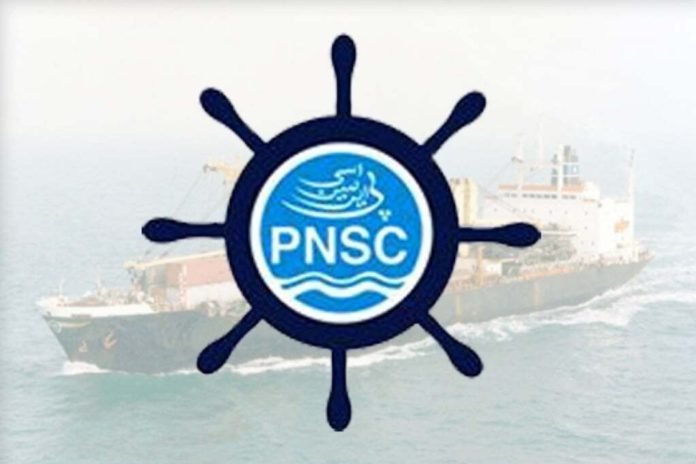KARACHI (ABC) – The Pakistan National Shipping Corporation (PNSC) is working on an expansive fleet development plan to increase its share in the maritime business, reports WealthPK.
The corporation will acquire diverse vessels, signalling a strategic leap towards its operational competence. The plan allows the corporation to procure two vessels each from Aframax tankers, MR tankers, Kamsarmax bulk carriers, Edible oil tankers, and Container feeders.
The outlook for the bulker market appears moderate, albeit with scope for some gradual improvements. However, a number of positive factors have the potential to support markets, including slower speeds and increased EST retrofit time as environmental regulations impact, the PNSC official documents showed.
It said the crude tanker demand outlook appeared healthy in the medium term, with seaborne crude trade projected to grow by 2.6 percent in 2024, with gains led by the Americas on the back of strong production growth.
The tanker order book remains historically moderate; now equivalent to 7 percent of fleet capacity, though up from a record low of 4 percent in April, 2023 amid a pick-up in contracting.
Emissions regulations could have a moderating impact on active tanker supply, e.g. compliance with CII could potentially reduce available tanker supply through slower speeds and retrofit time, the documents said.
During the current period, the pivotal financial, macroeconomic indicators USD PKR parity and interest rate (KIBOR) showed upward movement by 27 percent and 4 percent respectively, impacting the corporation’s financial conditions.
Under the influence of global and local economic conditions and trends, the PNSC Group has recorded a profit after tax of Rs9.49 billion in the first half of this fiscal as against Rs11.99 billion in the corresponding period last year. The Group’s net profit margin declined slightly from 41 percent in the corresponding period last year to 40 percent, the company report said.
Cumulatively, the Group achieved a turnover of Rs23.93 billion (PNSC: Rs 6.42 billion) as compared to Rs29.12 billion (PNSC: Rs 8.10 billion) for the corresponding period last year. The decrease in revenue is the decline in dry cargo segment revenue by Rs2.47 billion, owned tankers segment by Rs2.01 billion and foreign chartering revenue by Rs0.72 billion, respectively.
The main factors affecting revenue from oil transportation of the Group as a whole is a decrease in the average AFRA rate from 219 to 155. However, an upward trend in the average exchange rate negated the financial impact of the decline in AFRA.
Additionally, the fact that the Group has an ageing fleet necessitated major dry-docking and repair and maintenance activity. The Group earnings per share declined to Rs71.86 as against Rs90.74 in the corresponding period last year.
The PNSC standalone results reflect a profit after tax of Rs2.40 billion as compared to a profit after tax of Rs1.49 billion in the corresponding period of the last year, according to WealthPK.
The corporation was able to effectively utilize the funds available during the period and was thus able to derive income from its investments amounting to Rs3.26 billion as compared to Rs.0.62 billion in the corresponding period last year.
During the current period, the corporation was able to pay in full the loans obtained for Bolan and Khairpur last year.

